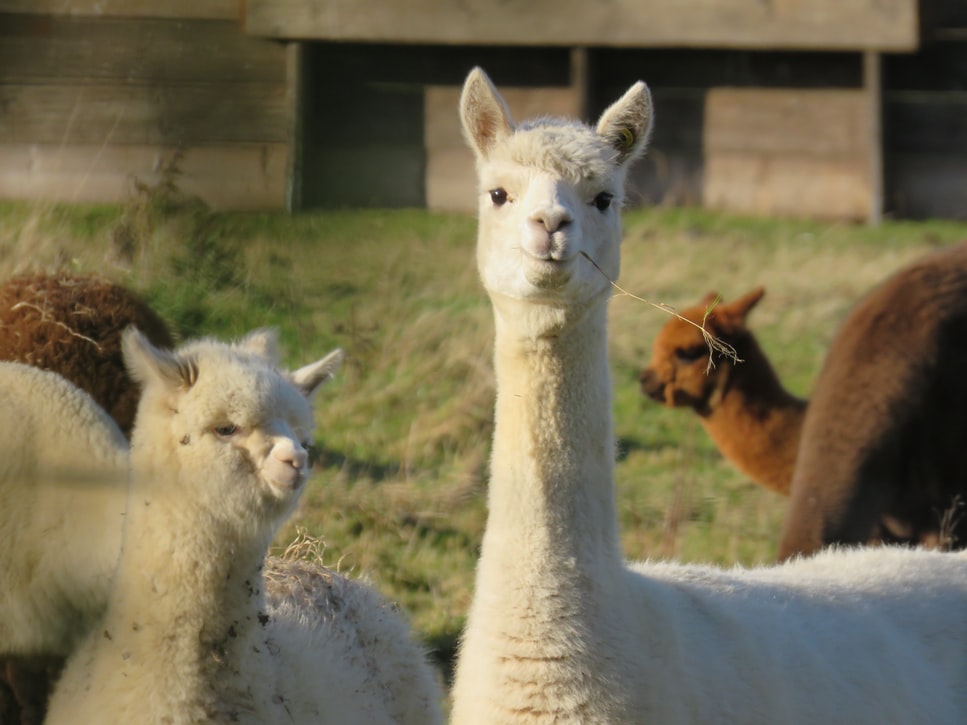Llama blood could be holding an important ingredient in discovering new treatments for COVID-19, according to a peer-reviewed study published in the journal Cell on May 5. If so, this development can aid in reducing the effects caused by the coronavirus pandemic.
The special antibodies found in llama blood can be joined together to create a new antibody with the capacity to bind the spike protein the coronavirus uses to infect cells, the study furthered. With this binding of the spike protein, the antibody can prevent the coronavirus, known as SARS-CoV-2, from infecting other cells in culture.
“This is one of the first antibodies known to neutralize SARS-CoV-2,” Jason McLellan, a molecular biologist at the University of Texas at Austin and co-senior author of the study, said.
The discovery came to be with the help of a 4-year-old Belgian llama named Winter.
Winter helped scientists in 2016 to study the coronaviruses causing to SARS and MERS by receiving injections of active spike proteins over the course of weeks, CNET reported.
With this, scientists were able to figure out antibodies that gravitated towards spike proteins and isolate the ones that showed promise in neutralizing the virus. After four years, Winter is still well, which can be promising in our goal of neutralizing COVID-19.
“That was exciting to me because I’d been working on this for years. But there wasn’t a big need for a coronavirus treatment then. This was just basic research. Now, this can potentially have some translational implications, too,” Daniel Wrapp, co-author of the study, said.
Since llamas and other camelids have different types of antibodies to humans wherein a particular type is only a quarter of the size of the antibodies seen in humans, it can be seen as an advantage that should be considered, allowing it to be nebulized and used in inhalers.
Moreover, the antibodies of llamas are found easy to manipulate, according to Dr. Xavier Saelens, a molecular virologist at Ghent University in Belgium and an author of the new study. They can be linked or fused with other antibodies, including human antibodies, and remain stable despite those manipulations, New York Times reported.
Regardless of the study’s early successes — and Winter the llama’s positive demeanor — this doesn’t mean the antibodies are immediately viable as a preventative or cure.
Still, a team from the University of Texas in Austin is now planning on doing preclinical studies in animals such as hamsters or nonhuman primates, with an eventual goal of developing a treatment for humans.
Anything to add to this story? Share your thoughts with us.
Do you have a story for the WhenInManila.com Team? Email us at story.wheninmanila@gmail.com or send us a direct message at WhenInManila.com Facebook Page. Interact with the team and join the WhenInManila.com Community at WIM Squad!





